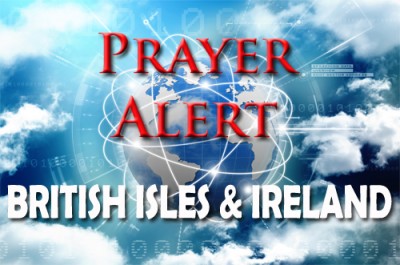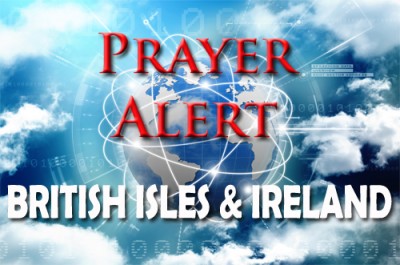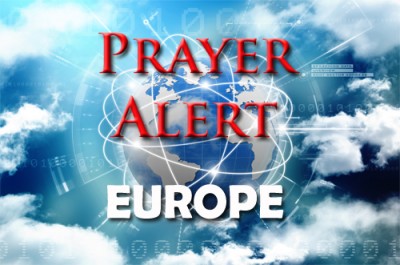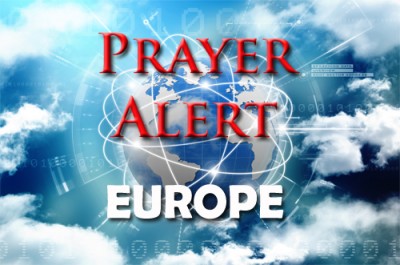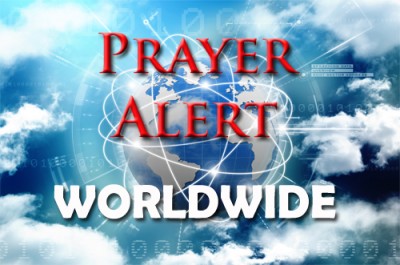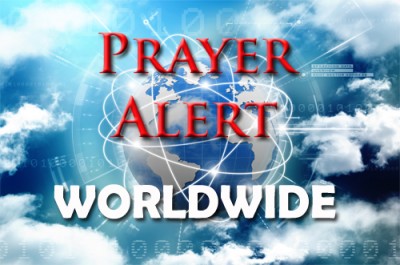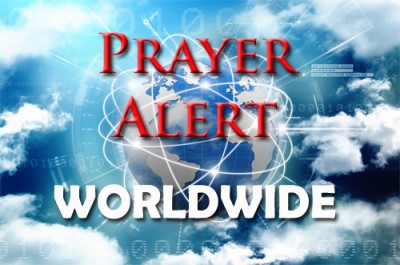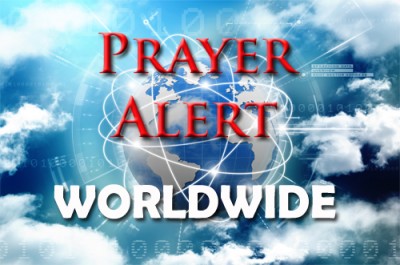Labour party and anti-Semitism
19 Apr 2018Speaking during the House of Commons debate, Labour MP Luciana Berger said that after she spoke out about anti-semitism, people have accused her of being a ‘paid-up Israeli operative’, a traitor, and an ‘absolute parasite’, and told her to ‘get out of the country and go back to Israel’. A new survey of 1,500 people by the Independent newspaper revealed almost two-thirds of them believe Jeremy Corbyn’s Labour party has a problem with racism or religious prejudice. A majority believed Mr Corbyn had handled anti-semitism claims badly. The party has been subject to protests from the Jewish community, and Israel’s Labour Party has severed ties with the leader’s office. Labour’s Ruth Smeeth, who has received many abusive messages (such as ‘Hang yourself you Zionist filth, you’re a cancer of humanity’. She said it was truly heartbreaking that she had to stand in Parliament Square to protest against the anti-Semitism that was ‘engulfing’ parts of the party.
Trypraying resource for Churches
19 Apr 2018In 2018 Churches in towns, villages and cities are trying a risky, whole-church activity that has us all praying and getting into conversations of worth. Trypraying, a seven-day prayer guide for people who wouldn’t darken a church door, is available as a booklet or a smartphone app. Many people who would not consider themselves religious do pray. ‘Trypraying’ is written for them. It is a simple challenge, in accessible language, to try praying for seven days and see what happens. It includes short stories of answers to prayer. There are things to do each day and a short prayer to pray. It is not a preach, but it does help people to open their lives to their Maker and find His influence and truth. It explains clearly the good news of Jesus, and anyone who works their way through the booklet runs the risk of becoming a Christian.
‘Islam does not belong to Germany’
19 Apr 2018In his first interview since taking over the position of interior minister, Horst Seehofer said, ‘Islam does not belong to Germany’, and he has committed to an immigration policy with a ‘master plan’ to accelerate deportations. His statements brought criticism from Angela Merkel. Seehofer said Germany was moulded in Christianity, traditionally resting on Sundays, holding Christian festivities and rites - Holy Week, Pentecost and Christmas. He promised to put a heavy hand on migrants committing crimes, and accelerate the deportation of migrants whose asylum applications are denied, adding, ‘There must be an agreement in all of Germany to stop consenting to areas of exclusion’. Exclusion zones are communities living outside the law in cities where the state has lost control over delinquent migrant gangs. Native Germans, including the police, are afraid to enter them. The high number of migrants has generated many more questions regarding internal security.
Switzerland: Congo aid conference
19 Apr 2018The Democratic Republic of Congo (DRC) boycotted a UN donor conference in Geneva that was seeking to raise £1.2bn for the country. Over 13 million Congolese need humanitarian aid. It is a catastrophic humanitarian crisis. Aid agencies say 4.5 million people have been forced from their homes by violence, hunger and instability. Tens of thousands of Congolese have sought refuge in western Uganda. DRC is rich in mineral and other resources, but is affected by armed conflicts, corruption and a political crisis. In the past two years, more people have been displaced in DRC than in any other country. Many believe the international community is ignoring the crisis, where two million children are at risk of starvation.
North Korea: positives to pray for
19 Apr 2018CIA Director Mike Pompeo recently made a top-secret visit to North Korea as an envoy for President Trump and met that country’s leader, Kim Jong-un. The extraordinary meeting between one of Trump’s most trusted emissaries and the head of a rogue state was part of an effort to lay the groundwork for direct talks between Trump and Kim about North Korea’s nuclear weapons programme. On 18 April respected international media outlets reported that South Korea is considering replacing the current armistice with a formal peace treaty with North Korea. This announcement as South Korean president Moon Jae-in prepared to meet Kim Jong-un on 27 April. Negotiating a peace treaty that replaces the armistice would depend on Pyongyang abandoning its nuclear ambitions. See also
Gaza border: third Friday of protests
19 Apr 2018Please continue to pray over the Gaza border. In the third Friday of protests, 10,000-15,000 Palestinians took part in violent riots in different locations along the border, and again tried to cross the barrier; they intend to continue every Friday until 14 May. They threw Molotov cocktails and explosives at Israeli soldiers. Over 100 Palestinians were hurt and one man killed. They tried to use kites to fly Molotov cocktails toward Israel Defence Forces (IDF) troops, and were photographed placing an explosive device on the fence. On one side of the border there are watchtowers and anti-terror barriers: on the other, a tent city of Palestinian protesters. Meanwhile the IDF exposed and neutralised a fifth underground Hamas tunnel running from northern Gaza into southern Israel. It was connected to an intricate network of tunnels running through Gaza. See
Canada: ‘we’re not making fun of Jesus’
19 Apr 2018Christian satire website Babylon Bee was called ‘fake news’ by Facebook, but their comical take on Christian culture has a deeper purpose. They aim to make Bible believers think. ‘We want to make clear we’re not making fun of Christianity, per se, and we’re not making fun of Jesus or the Bible or the gospel,’ head writer Kyle Mann said on a podcast. ‘What we’re making fun of is a Christian culture that builds around those things and the biblical message.’ He and other members of the Bee team are looking to make a deeper point with their satire. ‘Good satire should really make you laugh,’ he said. ‘And then it should make you think.’ The goal is to help Christians think through whether they have created idols or erred in their handling of issues. They want Christians to recognise in their spirit that some Christian culture is unnecessary, but Jesus and the Bible are eternal foundations to build faith upon.
Syria: praying for the future
19 Apr 2018There are signs that things can improve from now on, as chief participants in Syria’s war are keen to stabilise the conflict. The latest chemical attack and international accusations come in the midst of questions that we can pray into: How long will the US remain in Syria? -Will Turkey keep advancing its own territorial control? What happens in all the territory IS has lost, now a genuine ceasefire is in place? We can pray for a diplomatic and further ceasefire process by Russia, Iran and Turkey to achieve security in the region. In north-west Syria, Turkish forces and allies overran Afrin in March after Kurdish YPG unexpectedly withdrew and joined an exodus of 150,000 civilians. Please pray for the precarious situation of the 137,000 civilians who fled and are now in villages abandoned by IS. They face hunger, sickness, and mines left by the terrorists.
